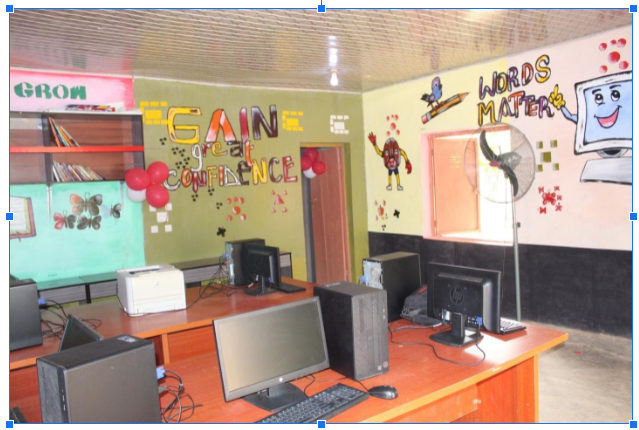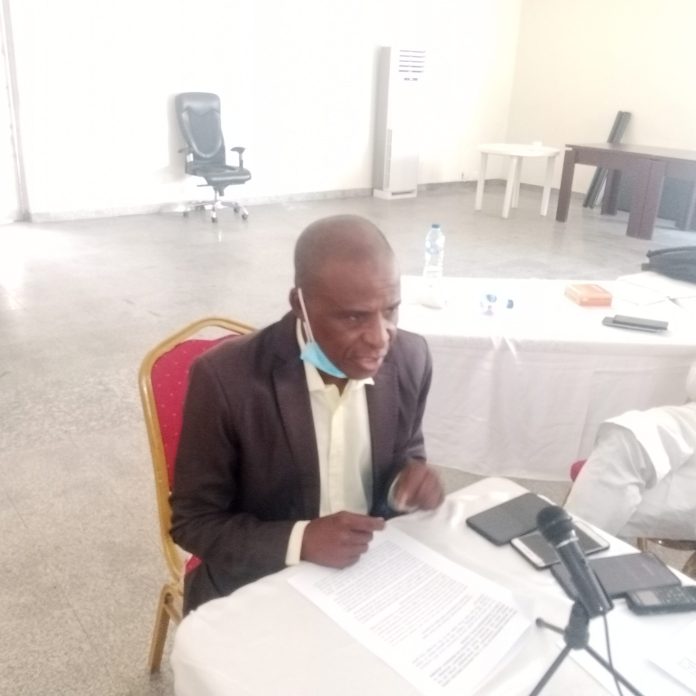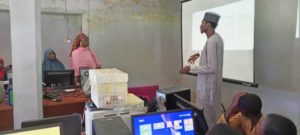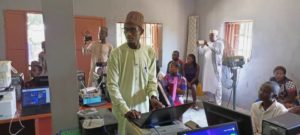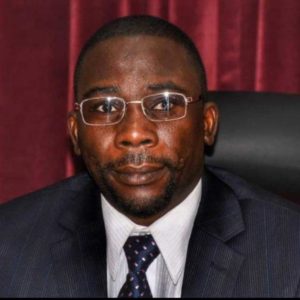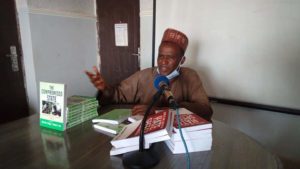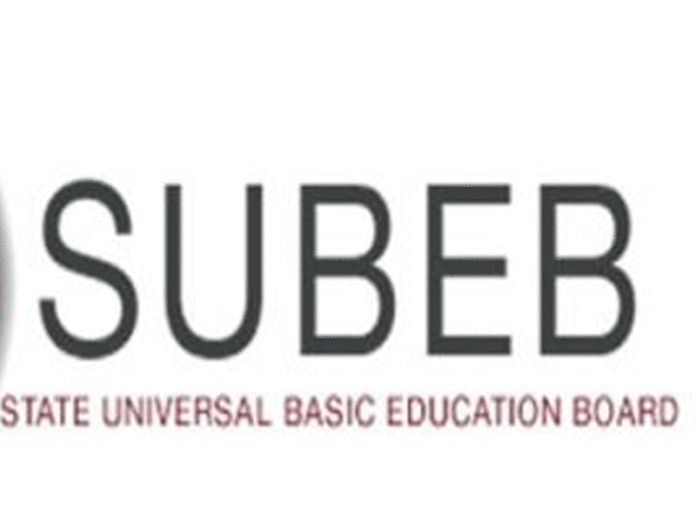
CITAD, Bauchi SUBEB Partner to Promote Transparency in Procurement
Segun Awofadeji
The Centre for Information Technology and Development (CITAD) has expressed its readiness to collaborate with the Bauchi State Universal Basic Education Board (SUBEB), in procurement, to promote transparency and accountability.
This was disclosed by a Senior Programme Manager of CITAD, Isa Garba, when he led his team on advocacy to SUBEB and his management.
According to him, CITAD trains directors and deputy directors on accountability and transparency in public service.
“We are here today to inform you that CITAD is granted by the United Sates Agency for International Development (USAID) through the ‘State Accountability, Transparency and Effectiveness’ (State2State) to implement a governance project in Bauchi State,” he explained. “The goal of the project is to strengthen citizens’ participation in governance through active participation in the budgetary and procurement processes of the state.”
According to him, the project’s objectives include enhancing the capacity of 40 CSOs to engage both government and citizens in the budget process to improve citizens’ participation in budget processes and the skills of 40 government officials, among others.
He added that in the implementation process, CITAD would work with SUBEB and engage legislators in increasing the budgetary allocation to the education sector and help the agency in monitoring projects.
In his response, Permanent Commissioner, Alhaji Idris Hardawa, said, “Our books are always open for you to go through, and we are ready to work with you in achieving a transparent procurement atmosphere. We are partners with you in the development of the basic education sector.”
He added, “Everything we do here is open and transparent in line with financial and procurement regulations. We ensure that due process is followed in procurement transactions.”

